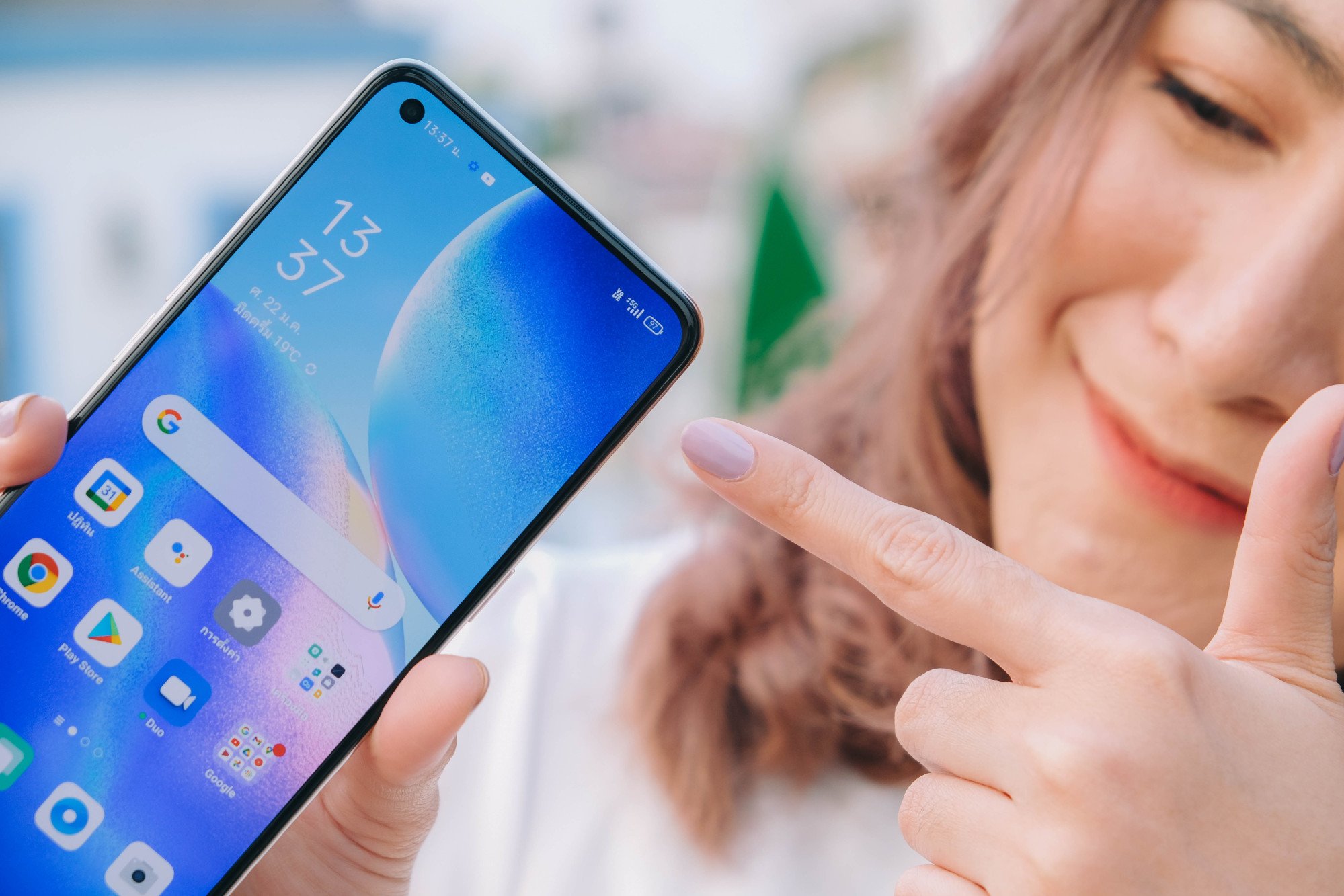
19 Feb Chinese smartphone vendors from Meizu to Oppo step up AI integration in their devices amid expected industry recovery in 2024
“Meizu will build an ecosystem to fully open its AI devices to leading global LLM providers, including OpenAI, to jointly promote AI innovation and development,” the company said.

“The new wave of AI technology, powered by LLMs, is restructuring the future of the mobile phone industry,” Chen said. “The impact of AI on the handset industry in the next five years is comparable to when smartphones replaced feature phones.”
He said Oppo is preparing itself for this new era by focusing more resources on AI, including its establishment of a dedicated AI centre.
Samsung puts Google AI in new flagship phones to fight Apple
Samsung puts Google AI in new flagship phones to fight Apple
Weeks before Samsung launched its Galaxy S24 handsets, tech research firm Counterpoint already forecast global shipments of generative AI-enabled (GenAI) smartphones to reach more than 100 million units this year, up from about 47 million in 2023, and rapidly expand to 552 million by 2027.
GenAI handsets, a subset of AI smartphones, use generative AI technology to create original content, rather than just provide preprogrammed responses or perform predefined tasks, according to Counterpoint. These devices will run AI models natively and come with certain hardware specifications.
“AI has been a feature of smartphones for the last few years,” Counterpoint vice-president and research director Peter Richardson said in the report published on December 20.
“We now expect to see the emergence of smartphones optimised to run generative AI models,” Richardson said. “The likely use cases will include creating more personalised content, smarter digital assistants with unique personalities and conversation styles, content recommendations, and more.”
China to persist with AI development in 2024 despite US chip curbs: UBS
China to persist with AI development in 2024 despite US chip curbs: UBS
Meizu on Sunday said its pivot to AI was caused by a combination of factors, including a prolonged smartphone upgrade cycle and intensified industry competition.
Oppo, which unveiled its AndesGPT LLM late last year, has pledged to enhance its own smart assistant Breeno to conduct more natural conversations and perform content- generation tasks.
In January, an IDC report said global smartphone shipments declined 3.2 per cent year on year to 1.17 billion units in 2023. While that marked the lowest full-year volume in a decade, the research firm indicated that “growth in the second half of the year has cemented the expected recovery for 2024”.
